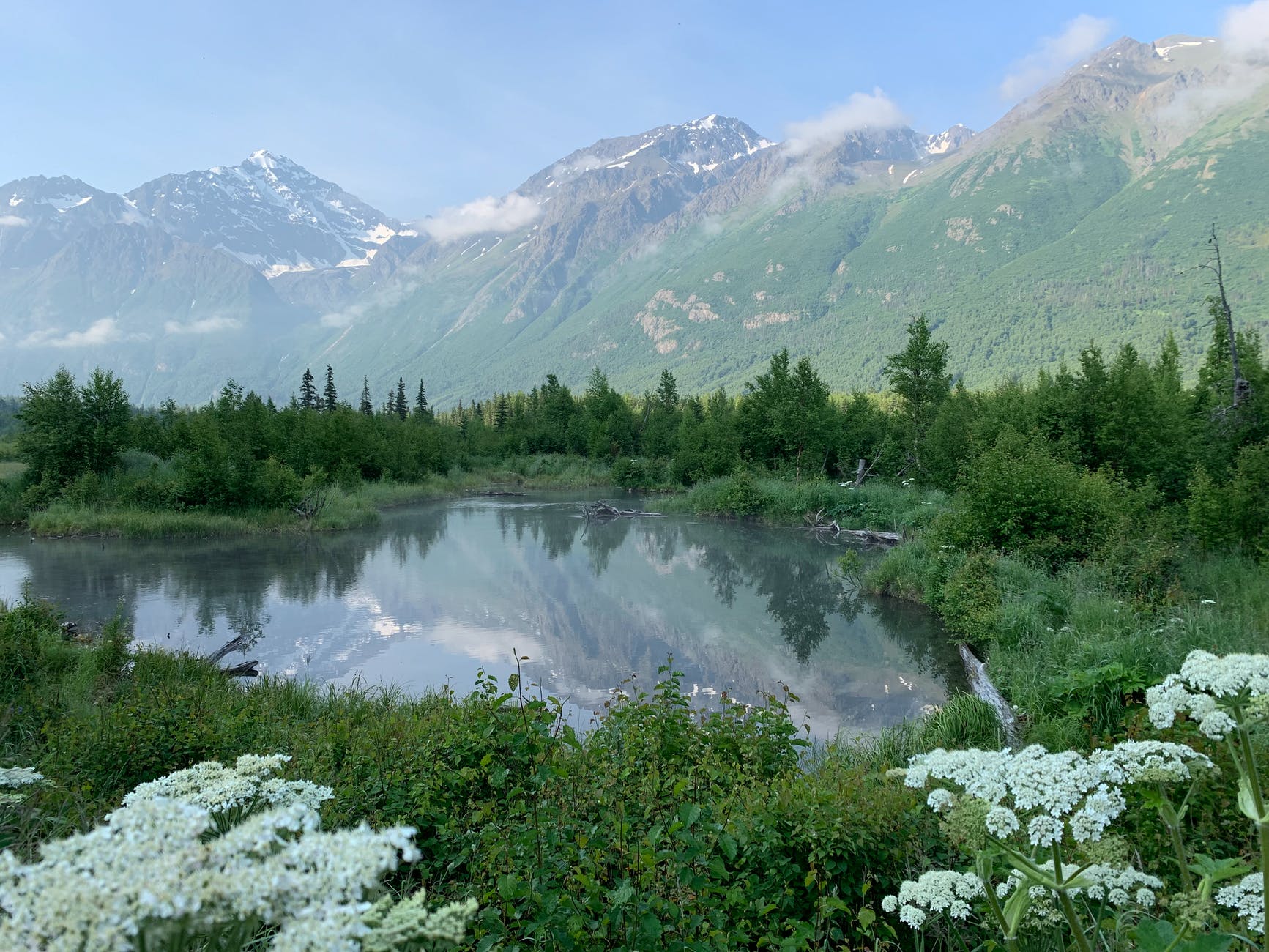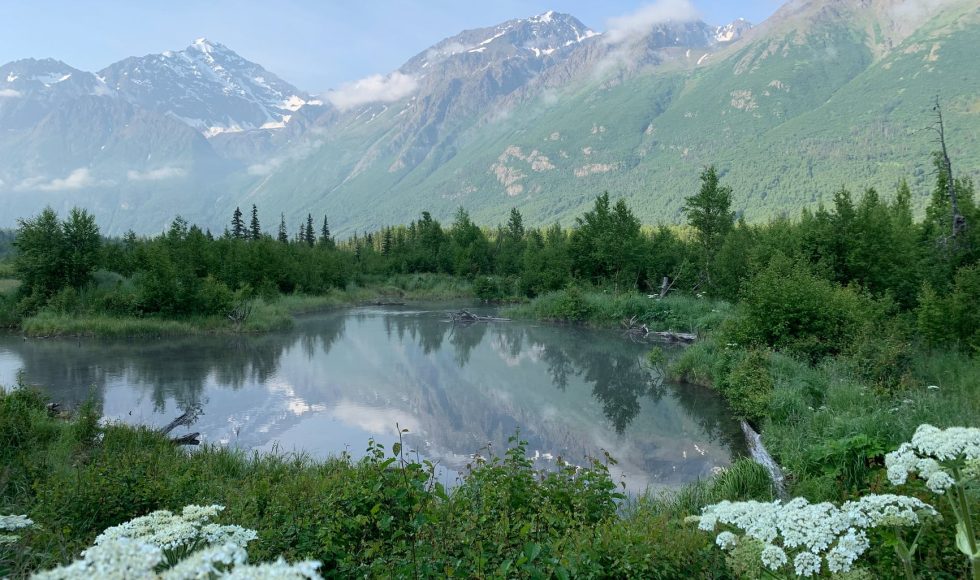We went to play with the grandparents and had a delicious lunch. The kids enjoyed making slime and playing with cardboard boxes. Tonight we watched another Open Ed 2021 session entitled “Developing a Robust Faculty OER Adoption Program Under Challenging Conditions” presented by D’Arcy Hutchings and Veronica Howard from the University of Alaska Anchorage. They work together and received funding from USDA NIFA to support faculty to transition to open. Howard shared suggestions for where to start an open initiative mentioning BC Campus, Affordable Learning Georgia, Open Oregon, and Maricopa Millions. However, they mentioned that these initiatives have resources and staff to support open initiatives, and when Howard joined UAA the campus was suffering from decreasing enrollment and budget cuts. I did not know that the University of Alaska in Anchorage is an open-enrollment institution, and Alaska does not have community colleges. Hutchings mentioned their origins were modest and started with attendance at an Open Ed conference. They were speaking to anyone interested in open! Over time, the pair collected data and before long aggressively sought funding. Citing Plested et al. 2006 and the KU Community Toolbox, Howard explained how institutional changes should consider: knowledge, climate, current efforts, leadership, and resources. Then, in 2018, Alaska suffered a significant earthquake! The University of Alaska that year was faced with a $135 million budget cut. Howard shared that they lost 28% of faculty and 46% of the staff from 2017-2021! Hutchings said things were really dark and then they obtained USDA NIFA funding to help address food and agriculture-related training and graduation rates. The program is called The Alaska Open Education Initiative includes textbook affordability programs, partnerships to leverage resources, impact data about students and adoptions, and faculty training. The faculty textbook affordability fellows program is a year-long professional development program with a $2,000 stipend. The program requires participation in a week-long intensive training during the summer. The program handbook and its resources will be made openly available. This may be useful for RLOE fellows. The program requires a transition of at least one course to zero textbook cost (ZTC) and to give back and disseminate news to the community. Hutchings cited Lane et al. 2019, who we invited to speak at a recent journal club, about that faculty tend to implement new evidence-based practices if shared by someone they know well. Hutchings explained that fellows are supported through weekly emails with news, reminders, and uplifting information. They have carefully tracked their fellows and have had 20 faculty members teaching 238 ZTC sections from fall 2019 through spring 2021 saving 5,241 students nearly $500k! Howard analyzed the data and organizational context thinking about the behavior of faculty (use OER/ZTC, attend workshops, vote in favor of OER/ZTC initiatives) and the consequences of their work. Howard explained how sharing resources and creating a Textbook Affordability Student Ambassador Program and self-paced training certificates. I really like the initiatives that empower students and promote flexible professional development training for instructors. The group also wants to encourage faculty fellows to collect data on student performance for SoTL projects. They also mentioned identifying champions (citing Howell and Higgins, 1991) to help promote the mission and initiatives. Hutchings ended by providing advice: find people that can help, be flexible in finding funding and synergizing with existing opportunities, and get data to convince adopters and administrators. Howard advised to find “reinforcers” and leverage others’ goals. Their final piece of advice was to be honest and advocate for “the voice that isn’t in the room.” What an inspiring session! I think we can learn a lot from their experience and persistence. We will need to consider their experience and suggestions as we work with RLOE participants and on my own campus to move forward in OER and open work.



